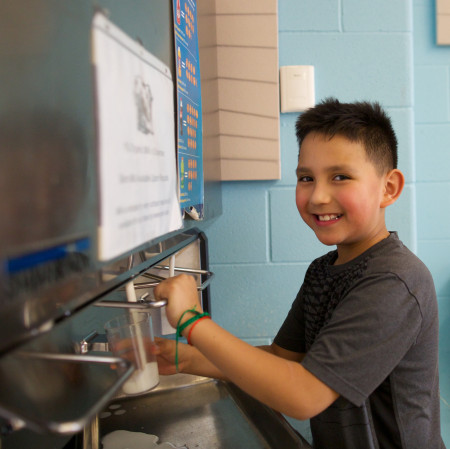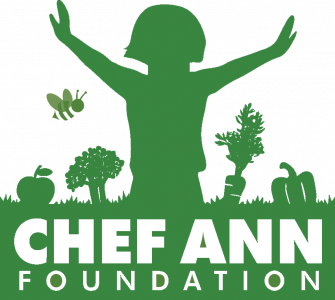Chef Ann Foundation Awards 29 Grants to 15 School Districts Across U.S. to Transition to Bulk Milk

BOULDER, Colo., September 6, 2024 (Newswire.com) - The Chef Ann Foundation announced today that it awarded 29 grants to 15 K–12 school districts across the U.S. as part of its Bulk Milk program's second consecutive year. Grantees will receive the necessary equipment, materials, and training resources to implement a bulk milk serving system.
Bulk Milk grants have been awarded to the following districts: Petersburg School District, AK; Willows Unified School District, CA; Ocean View School District, CA; San Lorenzo Valley Unified School District, CA; Shady Creek Outdoor School, CA; Santa Clara Unified School District, CA; Weld County School District, CO; Colorado Charter School Institute, CO; Cannon Falls Independent School District, MN; Minneapolis Public School District, MN; Explore Academy Charter School, NM; Ithaca School District, NY; Groton Central School District, NY; Franklin Special School District, TN; Suffolk Public School District, VA.
USDA guidelines for the National School Lunch and School Breakfast Programs require schools to offer milk with every lunch or breakfast they serve. Because most schools serve milk in either a single-use carton or plastic bottle, milk is one of the most significant sources of food and packaging waste at schools nationwide.
With a bulk dispenser, students can pour themselves precisely the amount of milk they want. This cuts down on a major source of waste — an estimated 45 million gallons of liquid milk are discarded annually in schools. That wasted milk represents all the resources that went into producing it. By using a bulk milk dispenser, schools can save approximately 30 pounds of carbon dioxide per student — the equivalent of taking 145,000 gas-powered cars off the road.
Early adopters of bulk milk dispensers have seen impressive results in reducing packaging waste, too. “We had more than 360,000 fewer cartons go into the landfill last year," said Beth Brewster, Supervisor of Food Services at Caroline County School in Maryland. “There has been less [liquid milk] waste as well since the students only take the amount they want and actually drink it, " she added.
However, the benefits of bulk milk go beyond reducing waste. It's also more cost-effective for schools. Purchasing milk in bulk is, over time, less expensive than individual cartons or bottles. There are also savings on packaging and disposal costs. Additionally, schools can take those savings and invest in higher-quality milk, like organic milk.
“We want schools to see bulk milk as an opportunity, not just a waste reduction measure," said Laura Smith, Executive Director of Programs at the Chef Ann Foundation. “It's a chance to serve fresher, more sustainable milk while saving money. That's a win-win-win for students, schools, and the planet."
Chef Ann Foundation’s Bulk Milk Equipment granting program is made possible this year through the generous support of Elevance Health Foundation and the Posner Foundation.
Source: Chef Ann Foundation
